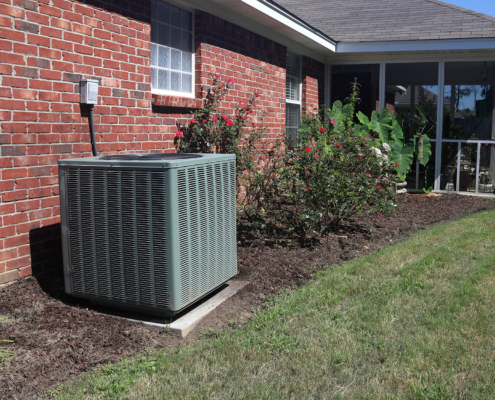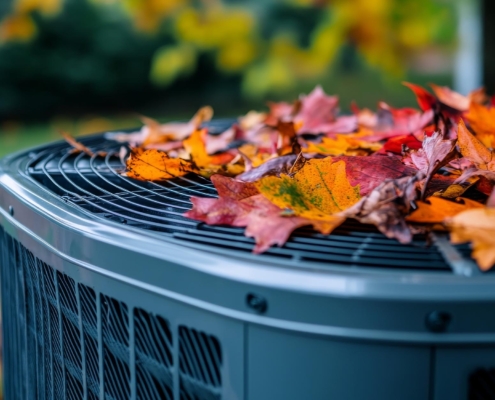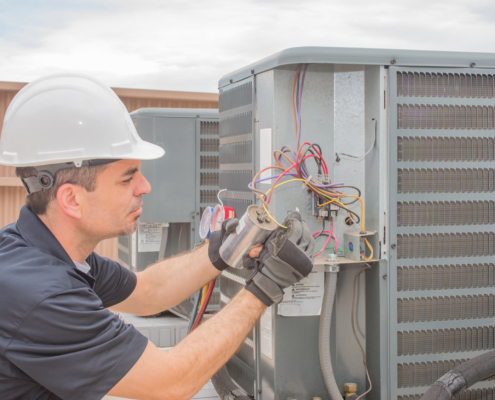Strange Odors: Unusual odors emanating from your HVAC system can indicate various issues. A burning smell may signal overheating components or electrical problems, while musty odors could indicate mold or mildew growth within the system or ductwork. If you notice any unusual smells, it’s essential to address them promptly to prevent further damage and ensure indoor air quality.
Loud or Unusual Noises: Your HVAC system should operate relatively quietly, so any loud or unusual noises during operation could indicate underlying problems. Banging or clanging noises may suggest loose or damaged components, while rattling or buzzing sounds could indicate debris or loose parts within the system. Squealing noises may indicate belt or motor issues. Ignoring these noises can lead to further damage and potentially costly repairs down the line.
Rapid Cycling or Frequent System Shutdowns: If your HVAC system frequently cycles on and off or shuts down unexpectedly, it may be struggling to maintain consistent temperature levels. This rapid cycling can indicate issues with the thermostat, electrical components, or system airflow. Not only does this affect comfort levels in your home, but it also places unnecessary strain on the system, leading to increased wear and tear.
Dramatic Increases in Energy Bills: A sudden and unexplained spike in your energy bills could indicate inefficiencies or malfunctions within your HVAC system. Reduced efficiency due to issues such as clogged filters, refrigerant leaks, or malfunctioning components can cause your system to work harder and consume more energy to maintain desired temperature levels. Monitoring your energy usage and addressing any sudden increases promptly can help prevent further damage and save on energy costs.
Persistent Humidity Problems: Your HVAC system plays a crucial role in regulating indoor humidity levels, so persistent humidity problems could indicate underlying issues. High humidity levels can promote mold growth, cause discomfort, and decrease indoor air quality. Conversely, excessively low humidity can lead to dry skin, respiratory issues, and damage to wooden furniture and fixtures. If you notice consistent humidity problems in your home, it’s essential to have your HVAC system inspected by a professional to identify and address the root cause.
By paying attention to these signs and symptoms, homeowners can identify potential HVAC issues early and take proactive steps to address them. Regular maintenance and timely repairs can help stop common HVAC problems. They ensure your system runs efficiently, prolongs its lifespan, and maintains optimal comfort and indoor air quality for your home.











